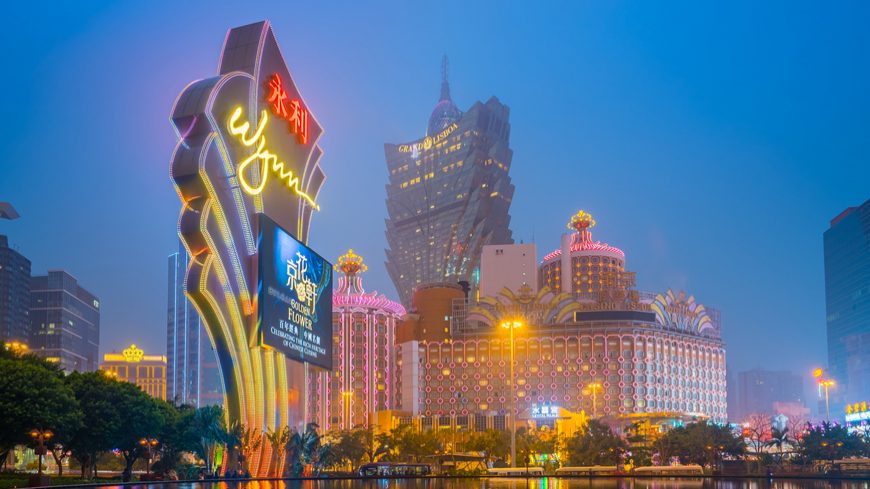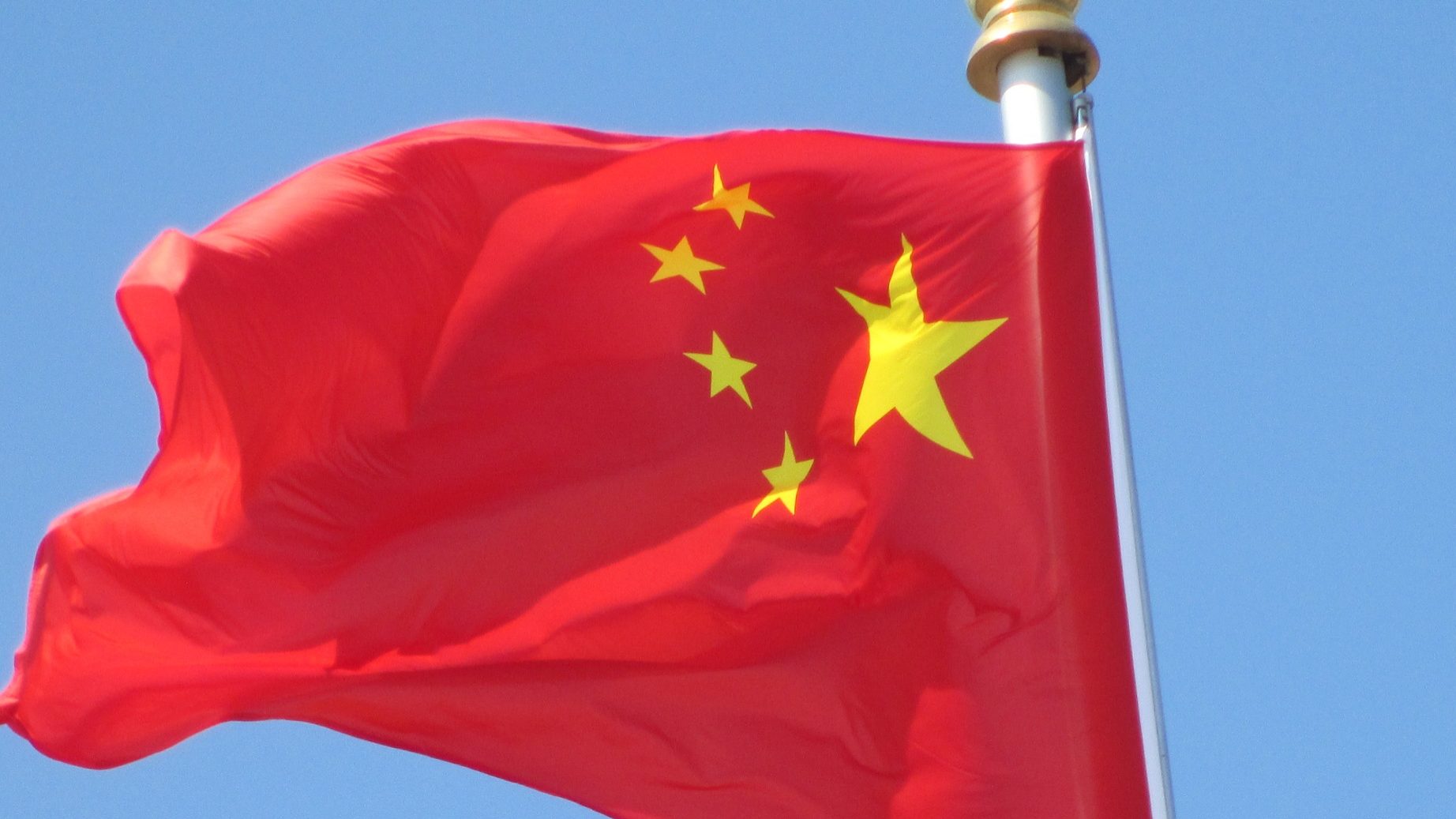Lisbon slams Beijing over removal of pro-democracy candidates in Macau elections
The Ministry of Foreign Affairs has alerted Beijing to the "importance of the transition process law" of Macau in the context of the removal of several candidates in the elections for the parliament.
Lisbon has alerted Beijing to the “importance of the transition process law” of Macau, in the context of the removal of several candidates in the elections for the territory’s parliament, said an official source from the Ministry of Foreign Affairs (MFA).
Asked to react to the decision by the Court of Last Instance (TUI), announced on Saturday, to maintain the exclusion of pro-democratic candidates for the local parliament, the MFA source said that “recent developments in Macau were one of the items on the agenda of the recent meeting, by video conference, between the foreign ministers of Portugal and China, held last month.
“Both sides agreed that Macau is a specific case, which cannot be compared with any other – with Portugal having recalled the importance of the Basic Law in the transition process – and that all relevant issues are immediately dealt with through the appropriate diplomatic channels”.
China’s top legislative body recently approved a proposal for electoral reform in Hong Kong, which boosted Beijing’s presence and restricted pro-democracy opposition, by strengthening the control of candidates for legislative elections.
In the case of Macau, the TUI said it upheld the exclusion of pro-democratic candidates to the local parliament decided by the electoral commission, which decided that at least two of the candidates on each of the three lists were involved in support activities that were incompatible with the territory’s mini-constitution, the Basic Law, or proved to be “unfaithful to the Macau Special Administrative Region”.
The TUI detailed that at issue was support for activities related to the “Tiananmen Massacre”, in which democratic reforms were demanded at different times in China.
The TUI judges only analysed the information concerning the top two candidates from each of the three lists, which all comprised five people. This was because, they said, if the top two had withdrawn, the lists no longer met one of the legal requirements, which was the inclusion of at least three candidates.
The judges unanimously ruled “unfounded the electoral appeals filed (…),” the TUI announced.
In Macau, the Portuguese ambassador to China said that the country was following the exclusion of 15 pro-democracy candidates from the next elections with “great attention”.
The Macau parliament is made up of 33 members, 14 elected by universal suffrage, 12 chosen by indirect suffrage (through associations) and seven appointed by the Macau Chief Executive.
The handover of Macau’s administration from Portugal to China took place at the end of 1999.
The Basic Law, the territory’s ‘mini-constitution’ which is due to be in force until 2049, defines that “Macau residents enjoy freedom of speech, press, publishing, association, assembly, parade and demonstration”.
The lawyer for the pro-democratic candidates excluded from the local parliamentary elections, Jorge Menezes, told Lusa on Saturday that the decision announced by the TUI “tears up the joint declaration between Portugal and China.”
“All democratic opposition and criticism of the government has been disqualified. The game now has only one goal: in this political ‘game’ you can only lose,” he said.
For the lawyer, the “three lists of candidates were disqualified in a secret, abusive and illegal police investigation process, based on rules approved secretly by an incompetent body and applied retroactively”.
This, he added, “without giving those concerned the opportunity to participate in the disqualification process and to present contrary evidence and the right of defence”, concluding that “a greater violation of the concept of the rule of law would be difficult”.
Menezes also said it was “regrettable that official bodies of the People’s Republic of China had issued statements on the legality of a decision before it had even been judged by a Macau court”.
For Jorge Menezes, this “constitutes a violation of Macau’s autonomy from China and the principle of separation of powers, which imposes a ban on pressure on the courts by the political or executive powers.


